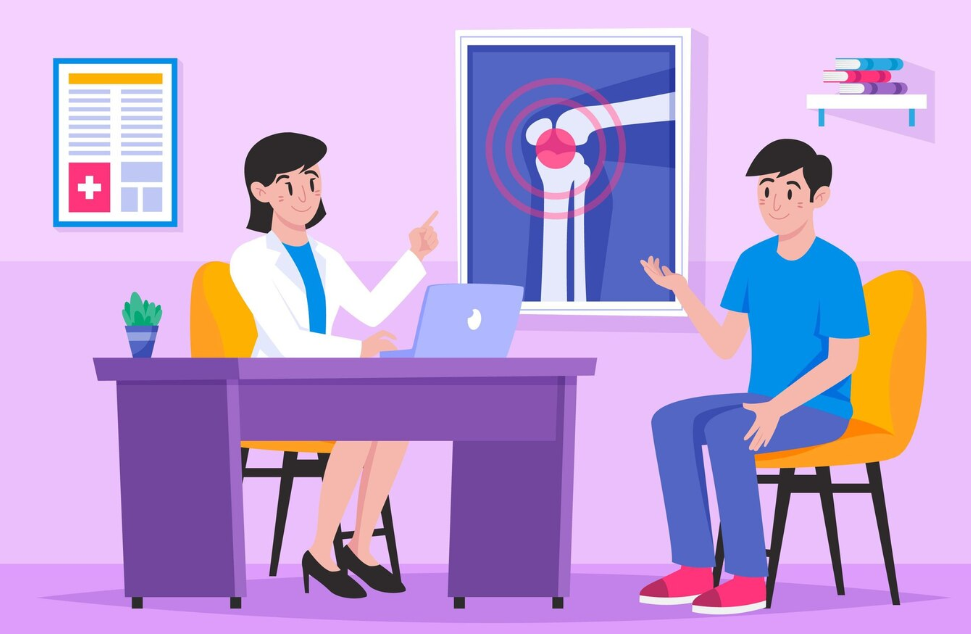
Diagnosis of Osteoporosis: Understanding Bone Density Tests
Osteoporosis is a condition that weakens bones, making them fragile and more prone to fractures. While it often doesn’t cause noticeable symptoms until a fracture occurs, bone density tests play a crucial role in diagnosing osteoporosis early. Let’s explore how these tests work and why they’re important.
What is a Bone Density Test?
A bone density test, also known as bone densitometry or DXA scan (dual-energy X-ray absorptiometry), is a painless and non-invasive imaging test used to measure bone mineral density (BMD). It helps assess the strength and health of your bones by measuring the amount of calcium and other minerals present.
How Does a Bone Density Test Work?
During a bone density test, you’ll lie on a padded table while a scanning arm passes over your body, emitting low-dose X-rays. These X-rays are absorbed differently by bone and soft tissue, allowing the machine to calculate your bone density.
The most common sites for bone density testing are the hip and spine, as these areas are most prone to fractures associated with osteoporosis. Occasionally, bone density tests may also be performed on other bones, such as the forearm.
Why Are Bone Density Tests Important?
Bone density tests play a crucial role in diagnosing osteoporosis and assessing fracture risk. By measuring your bone density, healthcare providers can identify if you have osteoporosis, determine your risk of fractures, and monitor changes in bone density over time.
Who Should Get a Bone Density Test?
Bone density testing is recommended for:
- Women aged 65 and older
- Men aged 70 and older
- Younger postmenopausal women and men aged 50 to 69 with risk factors for osteoporosis
- Individuals who have already experienced a fracture after age 50
- Individuals with certain medical conditions or taking medications known to affect bone health
Conclusion:
Bone density tests are essential for diagnosing osteoporosis and assessing fracture risk. By measuring bone density, healthcare providers can identify individuals at risk of fractures and implement strategies to prevent bone loss and maintain bone health.
If you’re concerned about your bone health or have risk factors for osteoporosis, talk to your healthcare provider about whether a bone density test is right for you.
To seek medical advice, always consult a Doctor. Here are our recommended experts. Click Here
To read more on Osteoporosis. Click Here


